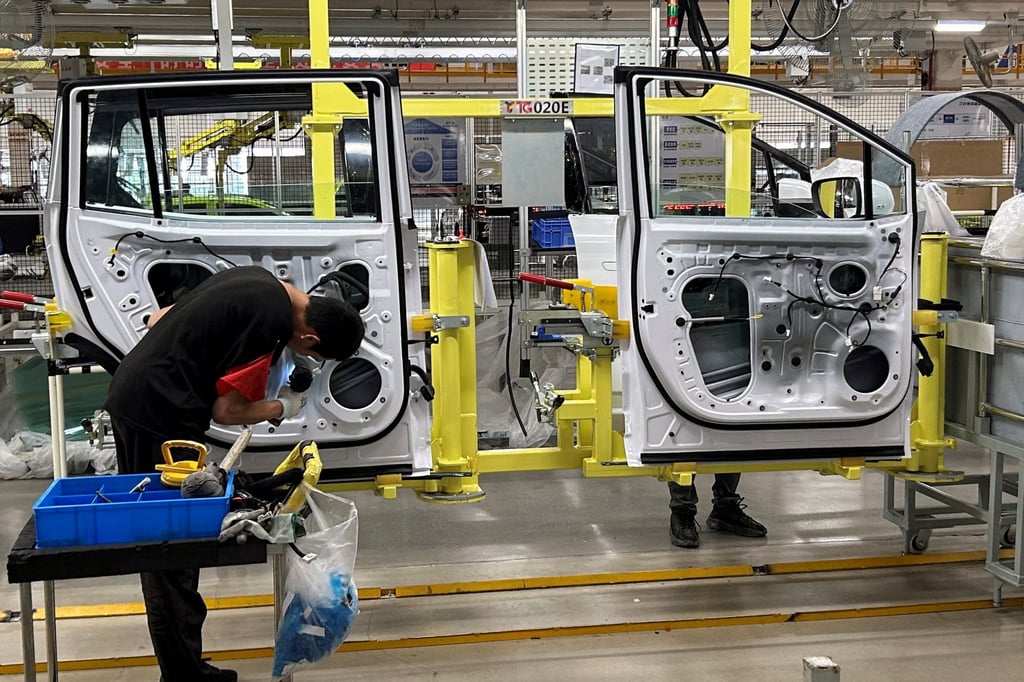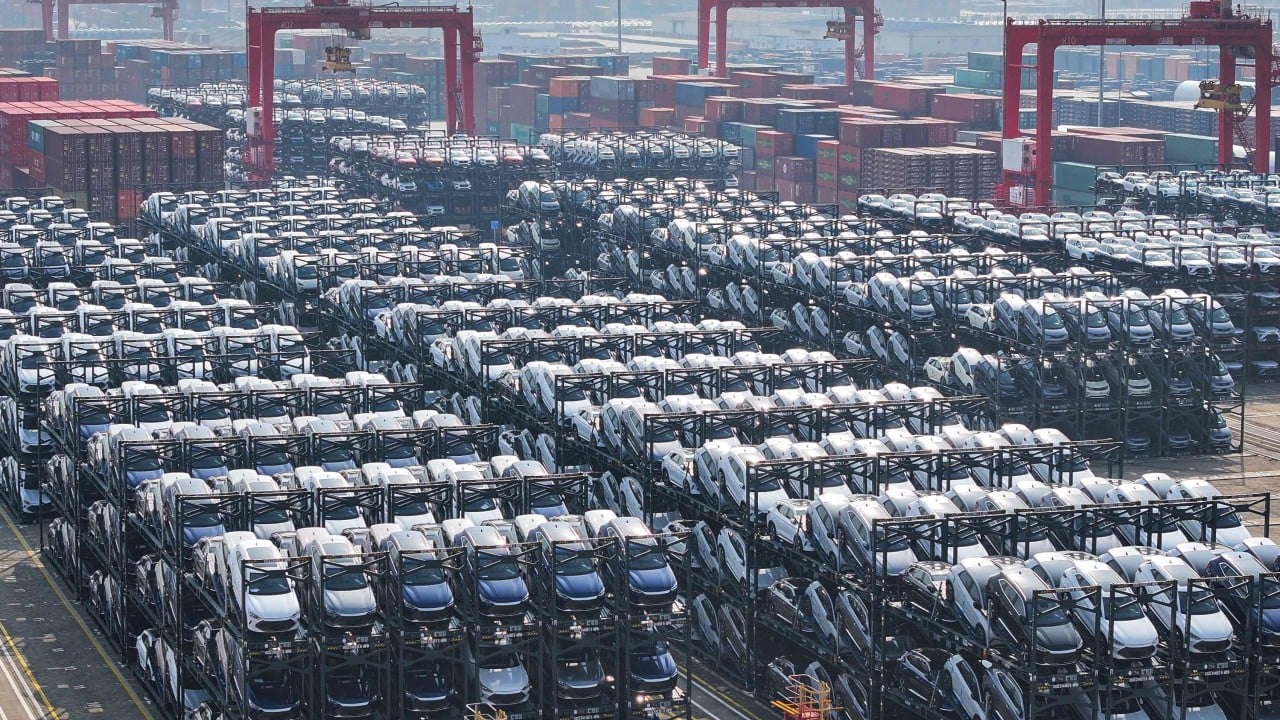Chinese electric vehicle (EV) makers are intent on expanding to emerging markets like Brazil and Mexico as they face fierce domestic competition and rising trade barriers in developed economies, according to Moody’s.
Latin America, the Middle East and Southeast Asia are becoming key destinations for exports and production facilities, according to the ratings agency’s report on China’s EV sector on Monday.
These regions have lower geopolitical risks, and their EV adoption is growing as their gross domestic product (GDP) per capita rises and their climate-change initiatives make progress, the report said.
“By expanding their geographical reach, Chinese EV makers will have a better chance to diversify, build scale and generate higher profits in the long run,” it said.
“Fierce domestic competition is eroding Chinese EV makers’ profitability despite strong demand,” said Gerwin Ho, a Moody’s Ratings vice-president and senior credit officer. “This challenge, along with their desire to build scale, is driving them to expand to overseas markets.”
The earnings outlook for Chinese EV makers remains dire even though electric cars now make up more than half of new sales in the mainland market, as brutal price competition rages on.
Only two home-grown companies – BYD and Li Auto – are profitable, leaving around 30 rivals under pressure to stem losses despite upbeat sales forecasts in the world’s largest automotive market.
In February, BYD, the world’s largest EV maker, fired the first salvo in the price war on the mainland, slashing the prices of nearly all of its cars by 5 to 20 per cent. After that, the prices of 50 models across a range of brands dropped by 10 per cent on average, Goldman Sachs said in a report in April.
Meanwhile, trade barriers in advanced economies are challenging Chinese EV makers’ export plans and pushing them to tap emerging markets.
The US has imposed tariff hikes on both Chinese EVs and EV batteries, while the EU has increased tariffs on Chinese EVs. Canada is also considering policy measures to protect its EV industry.

China has leapfrogged South Korea to become the largest car exporter to Israel this year, as electric car sales by BYD and its domestic peers boosted volumes. These exporters have also reported a surge in deliveries to buyers in countries such as Brazil and the United Arab Emirates (UAE).
Chinese EV makers now enjoy the lion’s share of the market in Southeast Asia. Their slice of the pie grew from 47 per cent in 2021 to 74 per cent last year, according to a report published by Deloitte China in May.
Exports of Chinese vehicles to Brazil from January to May, including EVs and gas-powered cars and trucks, jumped more than sixfold to 159,612 units, while deliveries to the UAE climbed 92 per cent to 114,530 vehicles, according to Chinese customs.
Emerging markets could be key destinations amid trade barriers in advanced economies, but overseas expansion also presents multiple risks, Moody’s said.
While these markets have considerable growth potential and carry lower geopolitical risks, they also have potential trade restrictions, less developed EV charging infrastructure, underdeveloped supply chains and regulatory challenges, the report said.
“Although emerging markets hold considerable potential, Chinese EV makers face evolving geopolitical tensions and fluctuating EV demand that will determine the effectiveness and economic benefits of their initiatives,” said Gong Cheng, a Moody’s Ratings managing director. “Moreover, ramping up production and establishing a presence in new markets will incur higher costs, particularly during the initial stages.”


